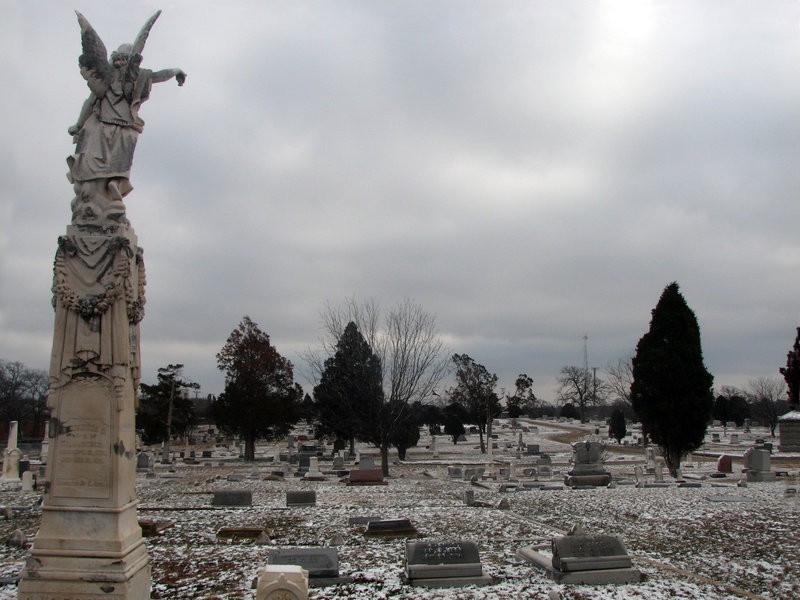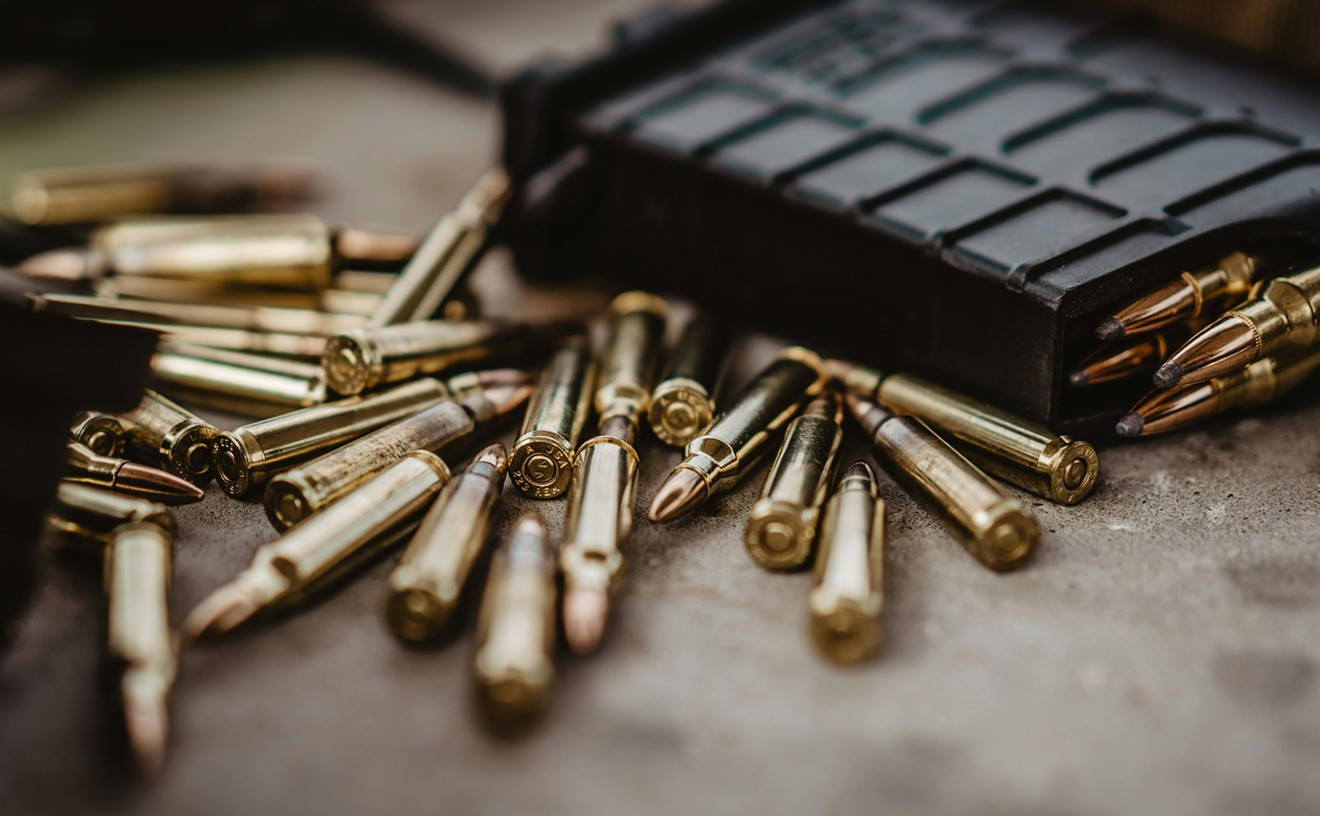The deed for the IOOF cemetery, which came under the city’s care in 1933, forbids the burial of any nonwhite person. The clause has drawn the attention of Denton Mayor Gerard Hudspeth, who is Black, and who asked city staff to examine a possible recourse for changing the legal language of the deed last year.
“No one has rallied around that. No one has said, ‘Hey, we have to find a solution to that.’ A city-owned cemetery, in 2023, cannot bury Black humans,” Hudspeth told the council last December.
The deed’s clause has not been enforced, and Black men and women have regularly been buried in the cemetery, the Denton Record-Chronicle reports. In 2016, the Denton City Council adopted a measure that said the city would not “enforce or recognize” language attempting to segregate any city-owned property, and described the IOOF cemetery’s deed as “illegal, unenforceable, unconscionable, contrary and repugnant.” Denton city staff also pointed to the 1948 Supreme Court ruling that found “racial covenants” on real estate unconstitutional as evidence of the deed's illegitimacy.
Issue: A city owned cemetery deed says you can NOT bury black people there! Answer: What I’m doing - EVERYTHING I can to get that deed changed. The final vote 6 for - 1 against. In 2024 this is not a unanimous vote! The 1 no vote was my ‘backup’ if I miss a meeting! 😔 pic.twitter.com/pfUtPch8Qx
— Gerard Hudspeth (@ghudspeth1) May 13, 2024
Still, Hudspeth said on social media that he is doing “everything” in his power to “remove racist language” still in effect in the city. The March 19 vote was for a request to city staff to research and present the best legal solution to changing the original deed. Six council members voted to approve the endeavor, while one council member, Brian Beck, voted against it. Beck told council members he didn't “think [the measure] was doing anything.”
“I’m super sympathetic, you shouldn’t have this. But I don’t know what we’re accomplishing with this so I’m going to sound like a jerk and say no, I’m not for this,” Beck told the council.
Over the weekend, Hudspeth shared a clip of Beck’s dissenting vote on social media, saying he was surprised the vote wasn’t unanimous “in 2024.” He said he was “shocked” and “surprised” by Beck’s vote in comments on X. Hudspeth could not be reached for comment.
In a conversation with the Observer, Beck said he understands Hudspeth’s desire to remove the language of the deed as a Black man, but did not see the request as an effective use of time for the city’s “limited legal staff.” Because the deed is not enforced and has been renounced in a previous City Council measure, he believes rewriting it would be a purely “symbolic” measure.
“The immediate harm and the reprehensible and gross elements are no longer being continued,” Beck said. “Do we go back in time and fix the past?”
Beck referenced Hudspeth’s father, Willie Hudspeth, who led a “masterful” protest against Denton’s Confederate statues for decades, as an example of tangible change in the city.
“This isn’t that,” Beck said. “This would be like then going back to all the pictures of the courthouse and Photoshopping out all the Confederate statues.”












